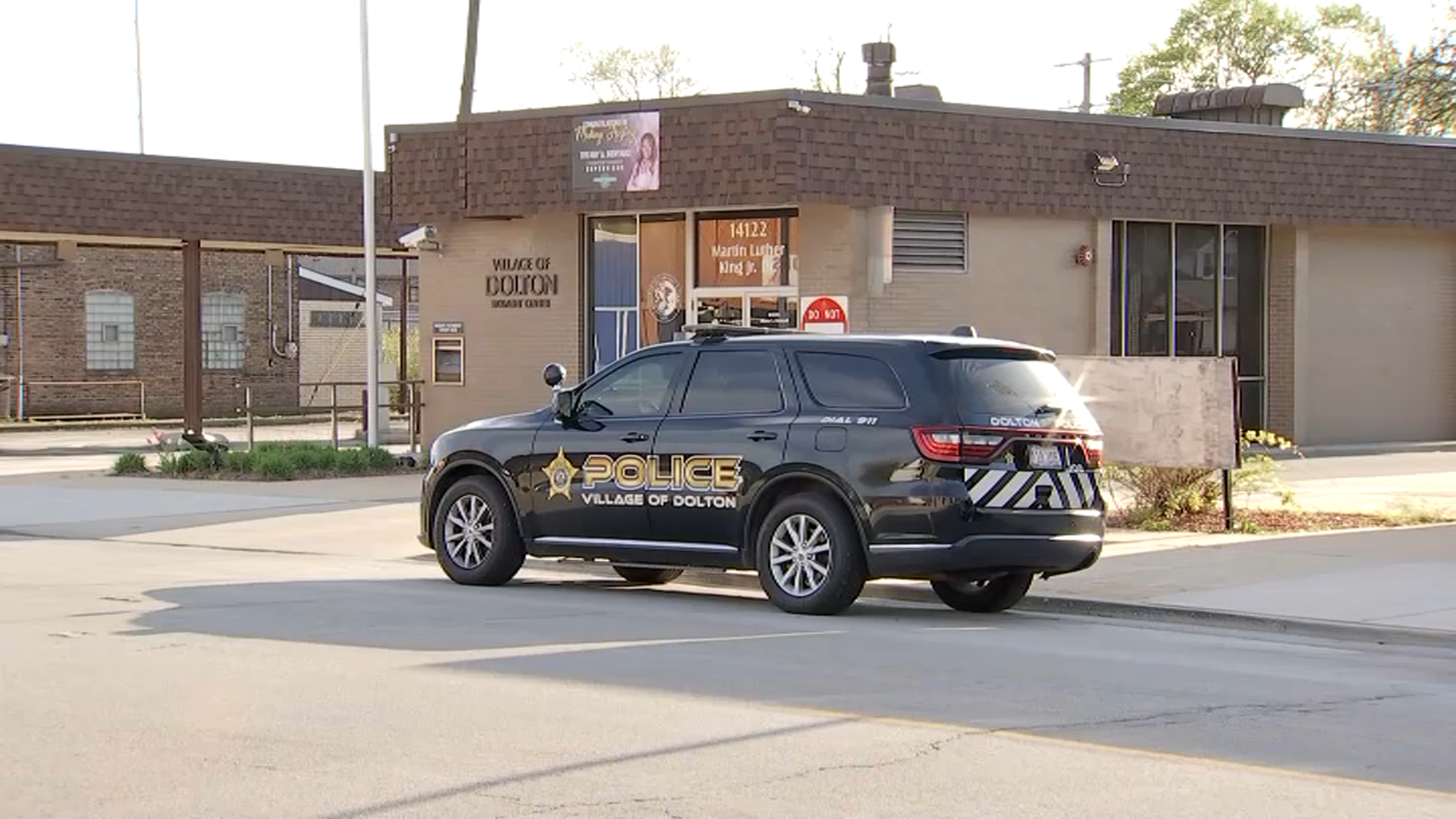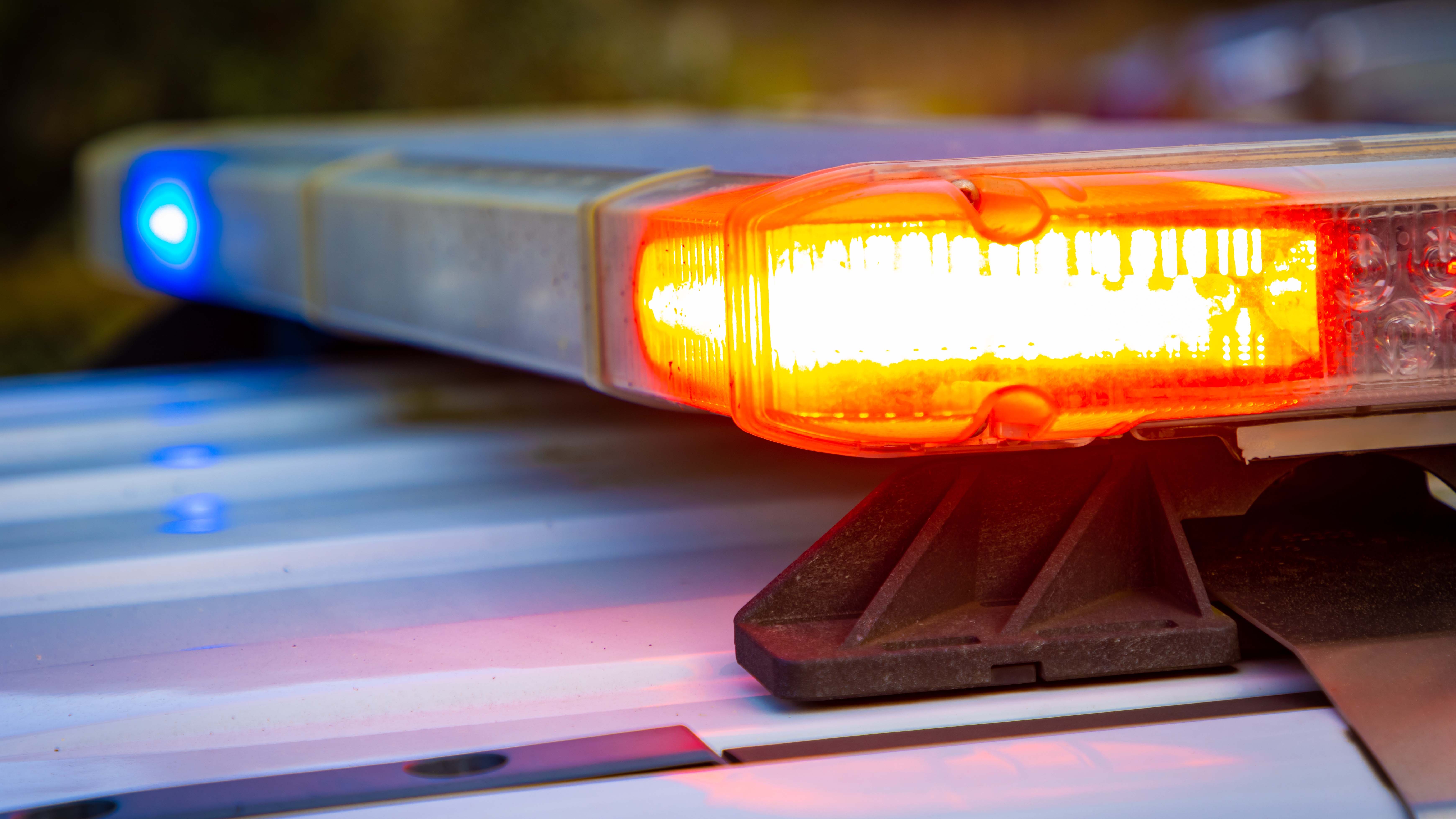Each year, new laws take effect in Illinois on multiple dates, including July 1.
Gov. J.B. Pritzker has signed 42 bills into law this legislative session and while many took effect earlier in the year, there are still some important measures taking effect Thursday that you should know.
There's also a big change happening Thursday on a local level in Chicago: an increase in the minimum wage.
Here's a breakdown of the new laws and measures taking effect in Chicago and Illinois on July 1:
Feeling out of the loop? We'll catch you up on the Chicago news you need to know. Sign up for the weekly Chicago Catch-Up newsletter here.
Illinois' gas tax increases
Prepare to pay more at the pump.
Illinois' motor fuel tax rate increases by a half-cent per gallon beginning July 1, rising from 38.7 cents per gallon of gasoline to 39.2 cents per gallon.
Local
Illinois' gas tax last increased on July 1, 2020, when it rose by .7 cents per gallon, from 38 cents to 38.7 cents per gallon. The previous year, the gas tax doubled from 19 cents per gallon to 38 cents per gallon.
That increase was prompted by a $45 billion capital plan Gov. J.B. Pritzker signed into law in 2019 to fund major improvements to infrastructure like roads, bridges, mass transit and buildings. Pritzker said in 2019 that the gas tax hike that year was the first time it had increased since 1990.
The 2019 change also tied the motor fuel tax to the Consumer Price Index, which means it will automatically continue to increase annually with inflation.
The revenue from the gas tax hike is split between three purposes, Pritzker's office said in 2019: 48% to construction of state roads and bridges, 32% to units of local government and 20% to local transit districts.
College athletes can be paid for use of their image and likeness
Student-athletes in Illinois can now get paid for things like promotions and endorsement deals.
Senate Bill 2338, the Student-Athlete Endorsement Rights Act, allows student-athletes to be compensated not by their schools for their athletics, but instead gives them the right to make their own deals in areas like marketing.
Under the new law, college athletes in Illinois will able to hire agents and sign endorsements in order to profit off their own names, images and likenesses.
“With this law, Illinois will lead the United States in giving student-athletes the opportunity to sign endorsement deals of their own, joining a growing coalition of states leading the fight for innovation in our modern collegiate sports system,” Pritzker said in a statement.
“Let me be clear. Illinois is now at the forefront of this movement, yet another reason student-athletes should choose Illinois for college," he continued. "Beginning July 1st, Illinois collegiate student athletes – no matter the sport and no matter the division – can take control of their destiny when it comes to their own name, image, likeness, and voice.”
The law in Illinois will apply to both public and private colleges and universities, enabling any student-athletes in the state to sign deals for things like modeling or promoting brand-name sportswear or other products.
But the law does not allow athletes to endorse or promote things like gambling or sports betting, controlled substances, cannabis, tobacco, alcohol, nicotine, performance-enhancing supplements, adult entertainment or any products or services that are "reasonably considered to be inconsistent with the values or mission of a postsecondary educational institution," the legislation reads.
Illinois won't suspend driver's licenses over tickets or fines
Starting Thursday, Illinois will officially no longer suspend driver's licenses over the inability to pay fines for things like traffic tickets, red light camera tickets or parking tickets.
That's thanks to a provision of a sweeping criminal justice and police reform measure signed into law in February that also brought an end to cash bail in Illinois, requires new police training policies in areas like crisis intervention and de-escalation tactics, mandates that all police officers wear body cameras by 2025, bans police chokeholds and more.
School data disclosures
Every school in Illinois must now post on its website (or if it doesn't have a website, make available in its administrative office) an explanation of the data the school collects, maintains or discloses to any person, entity or agency.
Schools must also disclose any breaches of specific information involving more than 10% of the school's enrollment. Those disclosures must be updated at least twice a year.
The measure also updates the rights of parents and students when it comes to their information - making it so that a student's information shall be collected only for school purposes and limited to only what is necessary in relation to schooling. Parents now also have a right to inspect and review their child's covered information and to request corrections of inaccuracies, codified in the new law.
Illinois COVID vaccine lottery
July 1 marks the beginning of the new fiscal year in Illinois, which means the state's new budget takes effect. In that budget passed at the end of the legislative session is funding appropriated for a new lottery for residents who have gotten vaccinated against COVID-19.
The "All In for the Win" lottery offers a total of $10 million in prize money to vaccinated residents, giving it out in the form of $7 million in cash prizes for adults and $3 million in scholarships for youth, all distributed through weekly drawings.
The Illinois Lottery will draw names each week beginning July 8, Pritzker said. The cash prizes will range from $100,000 to $1 million, he said, while children can win a Bright Start college savings plan worth $150,000 apiece.
Anyone who gets at least one vaccine dose in Illinois is eligible to win, Pritzker said, noting there are "no sign-up, no forms, no waiting in line" and that anyone who got their first dose before July 1 is eligible for the first drawing on July 8 and every drawing thereafter.
Chicago minimum wage increases
While it's not statewide, there's a major change taking place in Chicago on July 1: the minimum wage for workers at companies with more than 20 employees increases to $15 per hour.
For companies that employ between four and 20 people, the minimum wage is now $14 per hour. For youth workers, the minimum wage is $11 per hour.
That makes it the highest minimum wage in the state currently. Illinois' statewide minimum wage increased to $11 on Jan. 1 and will continue to gradually rise until it eventually reaches $15 at the beginning of 2025.
In Chicago, restaurant workers and others who receive tips will now get a base rate of $9 per hour. But if they don't make $15 per hour overall, employers must make up the difference to reach that new citywide minimum wage.
Then beginning in 2022, the minimum wage in Chicago will increase each year at a rate tied to the consumer price index, capped at 2.5% annually.



